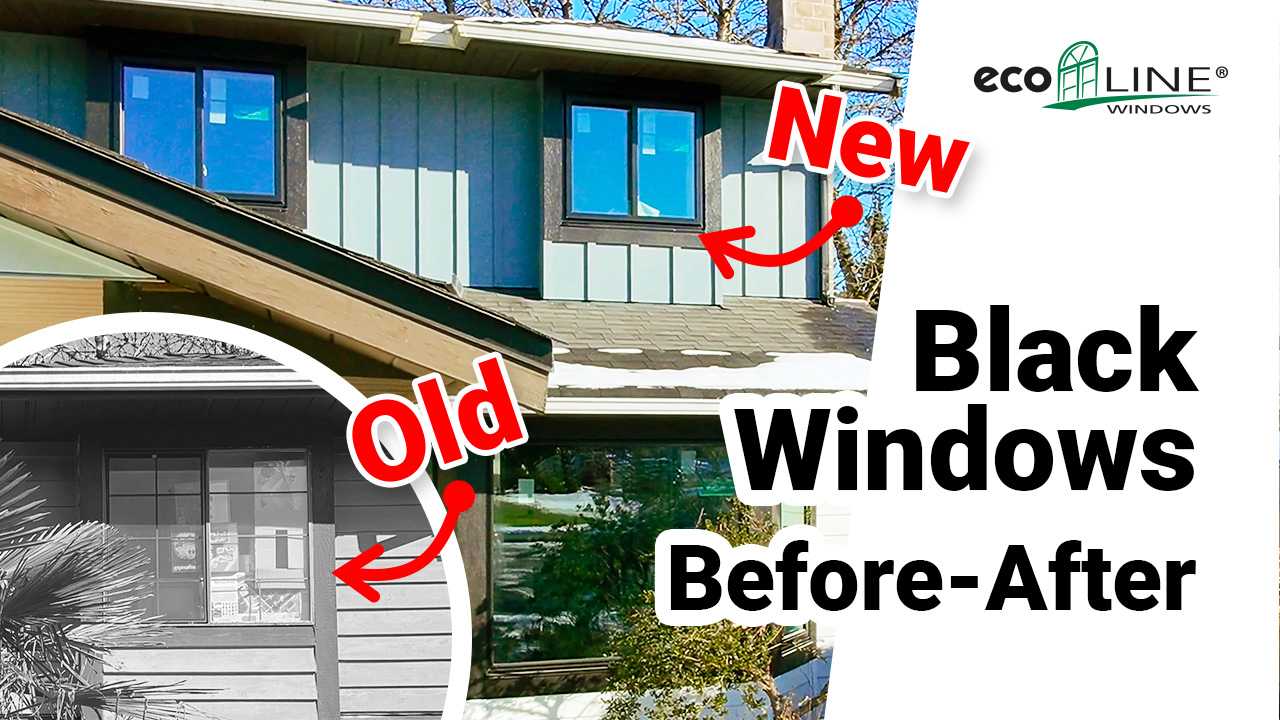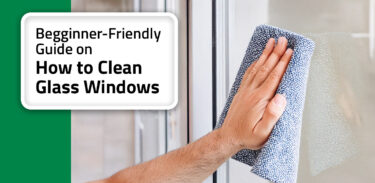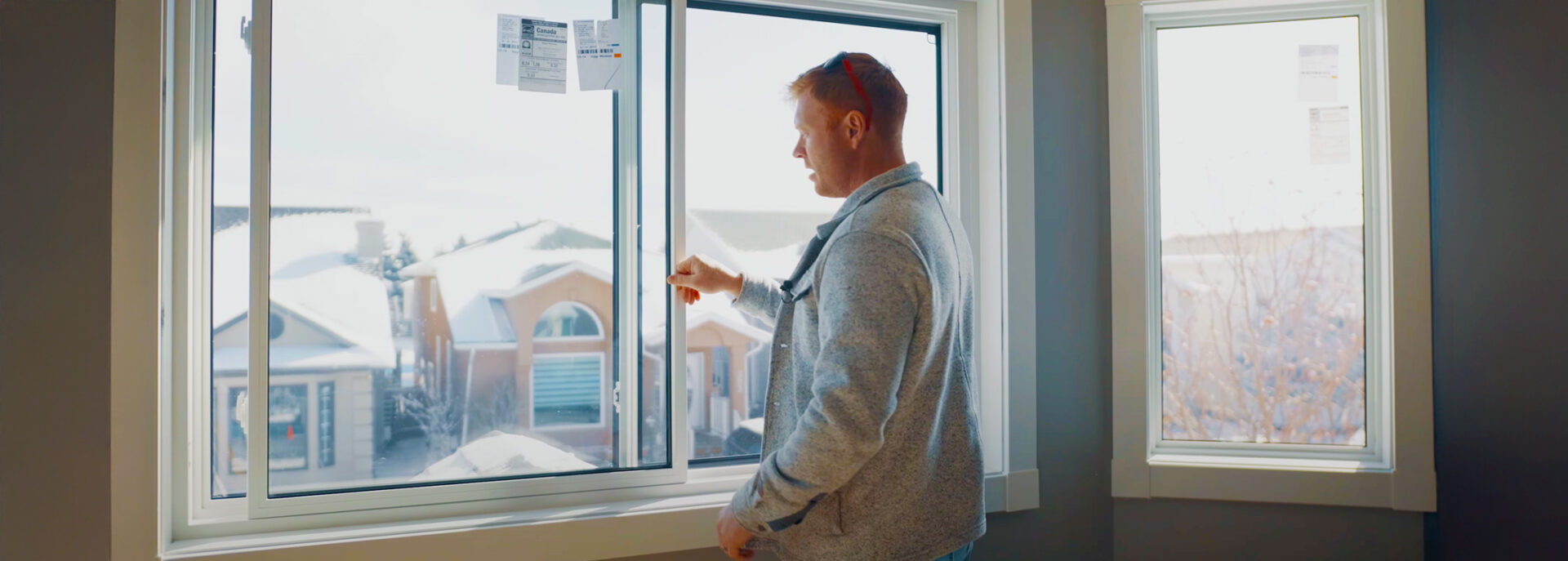

Lubricating Vinyl Windows: How to Keep Them Sliding Smoothly
Oct 9, 2025
6 min read
2162
Vinyl windows are a favorite among homeowners thanks to their low maintenance, energy efficiency, durability, and budget-friendly price. However, over time, even the best windows start to stick, squeak, and refuse to cooperate, transforming your attempt to open them into an arm wrestling match.
The good news? You don’t have to be a DIY enthusiast to fix them. No fancy tools or special skills are required — just a simple spritz of the right lubricant will do the job just fine.
Whether you are looking for the best tips on what lubricant to use on vinyl windows or just some expert tips to keep your home windows perform at their maximum, this how-to guide will help get the most out of what you’ve got.
Window Lubrication: Why Bother?
Although it’s easy to ignore a window that’s just a little stiff, this minor resistance can wear down the tracks and mess with your window’s seal over time. Here’s why you should routinely lubricate your vinyl windows:
- Keeps windows from sticking and jamming;
- Protects the moving parts and tracks from wear and tear;
- Helps windows seal properly, boosting energy efficiency;
- Prevents dirt buildup and long-term issues.
Basically, a little maintenance and regular lubrication for vinyl windows will save you lots of headaches and money later.
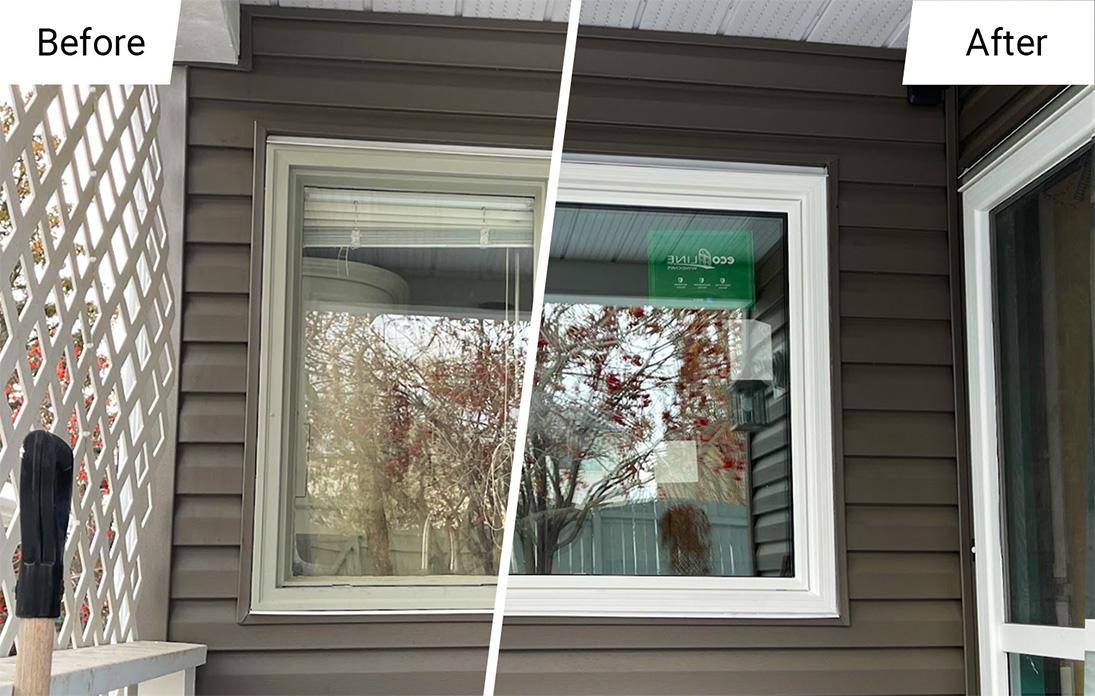
Window Lubrication Spray Types: Which One Should You Choose?
Not all lubricants are created equal: some will make your windows slide smoothly; others can actually make things worse.
Dos:
- Silicone-Based Lubricant. A go-to solution and the best lubricant for vinyl windows on the market. It’s water-resistant, long-lasting, and doesn’t attract dirt or grime like oil-based ones.
- Teflon Spray Lubricant. Leaves a slick, non-stick surface that keeps mechanisms gliding without stickiness.
- Dry Graphite Lubricant. A perfect choice for really hot or cold weather.
Don’ts
- WD-40. Somewhat notorious at this point, WD-40 is a cleaner, not a long-term vinyl window lubricant. It can help briefly and then attract loads of dirt.
- Grease/Oil-Based Lubricants. A short-term remedy that will quickly turn gummy and collect gunk.
If you’re wondering what is the best lubricant for vinyl windows, choose silicone spray.
How to Lubricate Vinyl Windows in 4 Easy Steps
This task won’t take more than 10 minutes. Here’s how to lubricate vinyl windows:
Step 1: Clean the Window Tracks & Frame
- Start by vacuuming out dirt and dust. Use a brush attachment for convenience.
- Wipe everything down with a damp microfiber cloth.
- Stubborn grime needs a bit more attention. A bit of vinegar and water or a mild soap solution will do the trick.
- Let it dry completely before moving on.
Step 2: Spray the Lubricant
- Shake your best vinyl window lubricant can.
- Give a light spray along the tracks and any moving parts.
- Spread it with a cotton swab or soft cloth to even it out.
- Don’t overdo it! Too much lubricant, and you’ll exacerbate the problem.
Step 3: Open and Close the Window a Few Times
- Move it up and down (or side to side) a few times to help spread the lubricant around.
- Still stiff? A second light coat may help.
Step 4: Wipe Off the Extra
Use a clean, dry cloth to remove any leftovers.
Be careful around the glass, or you’ll end up with a smudgy window.
That’s it! Whether you’re dealing with a slider, a single-hung, or trying to lubricate vinyl double hung windows, this quick method works like a charm.
How Often Should You Lubricate Vinyl Windows?
Don’t overdo it; once or twice a year is usually enough. Here’s when to add it to your DIY calendar:
- Before winter: Cold weather can make vinyl stiff and harder to move.
- After winter: To freshen up if anything dried out or got dirty.
- Anytime a window starts making a squeaking noise or resisting.
Do you have triple pane windows? Even the fancy frames need regular upkeep.
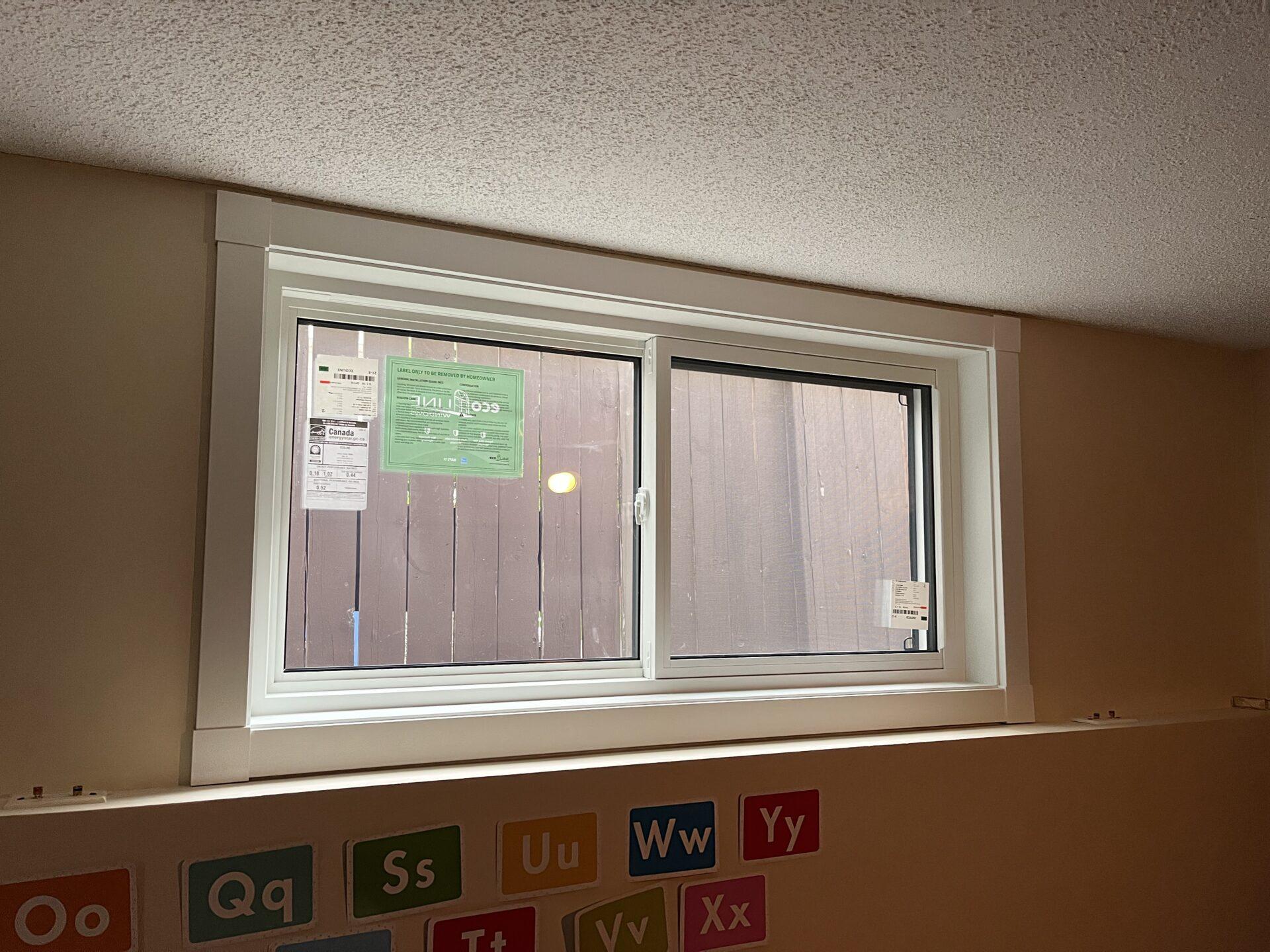
4 Bonus Window Maintenance Tips
Lubrication is only part of the picture. If you want your windows to work like new around the year, you should:
- Keep tracks clean. Dirt and pet hair are the biggest contributors to the buildup.
- Check weatherstripping. If cracked or peeling, it’s time for a replacement.
- Watch for misalignment. A crooked window won’t slide well, no matter how much you lubricate vinyl windows.
- Use a dehumidifier if you live in a damp climate. Excessive moisture can make things stick.
When to Call a Pro?
Sometimes, even the best vinyl sliding window lubricant is not much help. Here are the main scenarios when calling a professional might be a good idea:
- Even after lubrication, the window refuses to budge.
- If there’s visible damage, rust, or bent hardware.
- If the window won’t stay open or locks.
If the issues persist, this may be your sign to think about upgrading to more energy efficient windows.So, should you lubricate vinyl windows yourself? Absolutely! The task is quick and simple and doesn’t require advanced DIY skills. It also costs next to nothing, which is another win.
Whether it’s your first home improvement project or part of seasonal upkeep, this is one of those little home tasks that takes no time but pays off big.
1750 Coast Meridian Rd #102,
Port Coquitlam, BC V3C 6R8
100, 17866 106A Avenue,
Edmonton, AB, Canada,
T5S 1V3
3307 Dunmore Rd SE #12,
Medicine Hat, AB,
Canada, T1B 3R2
2081 Merivale Rd #201, Ottawa, ON, Canada, K2G 1G9
by appointment only
108, 55 Akerley Blvd, Dartmouth,
NS, Canada, ВЗВ 1M3





